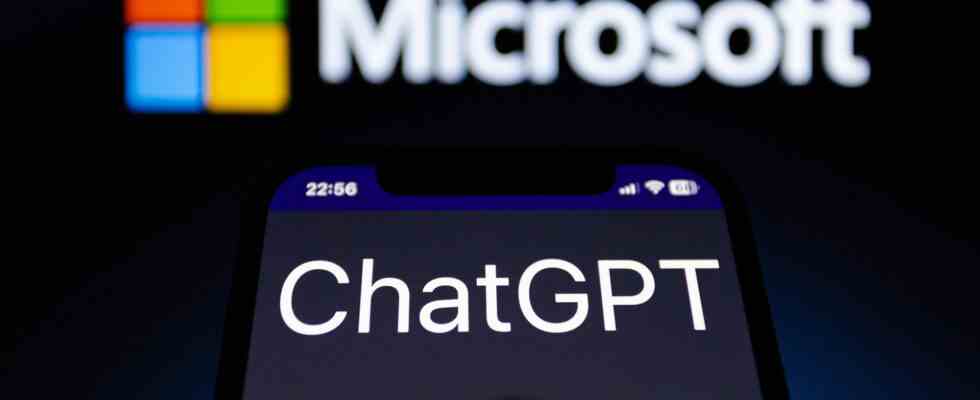Status: 03/17/2023 10:04 a.m
In the race to use artificial intelligence in everyday professional life, Microsoft takes the next hurdle. The group integrates functions into its main office programs.
Microsoft is going on the offensive when it comes to using artificial intelligence. The technology group will integrate comprehensive AI functions into its most important office programs, announced CEO Satya Nadella. With the “Microsoft 365 Copilot”, users of Office programs could benefit from the new AI functions that have been causing a stir in the IT world for months, according to Nadella.
Office building blocks receiving a “Copilot” extension include Word for word processing, Outlook for email and calendaring, Powerpoint for presentations, and Teams for chats.
With copilot in the office
“Today marks the next big step in the evolution of how we interact with computers,” Nadella said. This will fundamentally change the way we work and unleash a new wave of productivity growth, he promises. With the new “Copilot for work”, Microsoft gives people more freedom of action and makes technology more accessible via the most universal interface – natural language.
For example, Nadella presented a new type of business chat together with Microsoft manager Jared Spataro. This not only works with the data of a public AI language model, but also accesses personal data such as calendar entries, e-mails, chats and other documents of the users. “It lets you do things you’ve never been able to do before,” says Spataro.
You can give the program verbal instructions, such as: “Tell my team how we updated the product strategy.” The software would then create a corresponding status update based on meetings, emails and chats.
Microsoft dominates office applications
With the broad-based AI offensive, Microsoft is attacking Google’s untouched leadership position in the areas of Internet search and online advertising. The integration of the text robot ChatGPT in Bing and the Microsoft Edge browser plays a key role here. With “Microsoft 365 Copilot”, the world’s largest software group also wants to secure and further expand its supremacy in the field of office software.
The integration of the AI functions into its office software should be of even greater importance than the AI initiative at Bing. With the Bing search engine, the group only has a low single-digit market share, while Microsoft dominates the Office market by a wide margin.
AI also speaks German
A Microsoft spokesman told the dpa news agency that “Microsoft 365 Copilot” and the “Business Chat” could also be used without hesitation in the European Union because they met the provisions of the EU’s General Data Protection Regulation (GDPR). The AI solutions are also not tied to the use of the English language, but would also work well in German, for example.
The update is currently being tested by 20 selected commercial customers. More are to be added in the coming months. The price model for the use of the AI functions will be communicated in the foreseeable future.
China also wants to get involved
On Tuesday, Google announced it would be rolling out a range of new generative AI capabilities across its various workspace apps, including Google Docs, GMail, Sheets and Slides. The functions include new ways to generate or summarize texts with AI and to collect ideas. Thanks to the AI, full emails can then be generated in GMail based on short bullet points.
However, the Chinese Internet company Baidu did not meet expectations yesterday with its answer to the popular text machine ChatGPT. “I can’t say we’re fully ready,” said company founder Robin Li at a webcast presentation. Ernie Bot will be revealed because the market demands it. ChatGPT is a “high bar”.
Alongside the USA, China is considered a leader in research into artificial intelligence. Corporations like Baidu have invested billions in this area in recent years.

